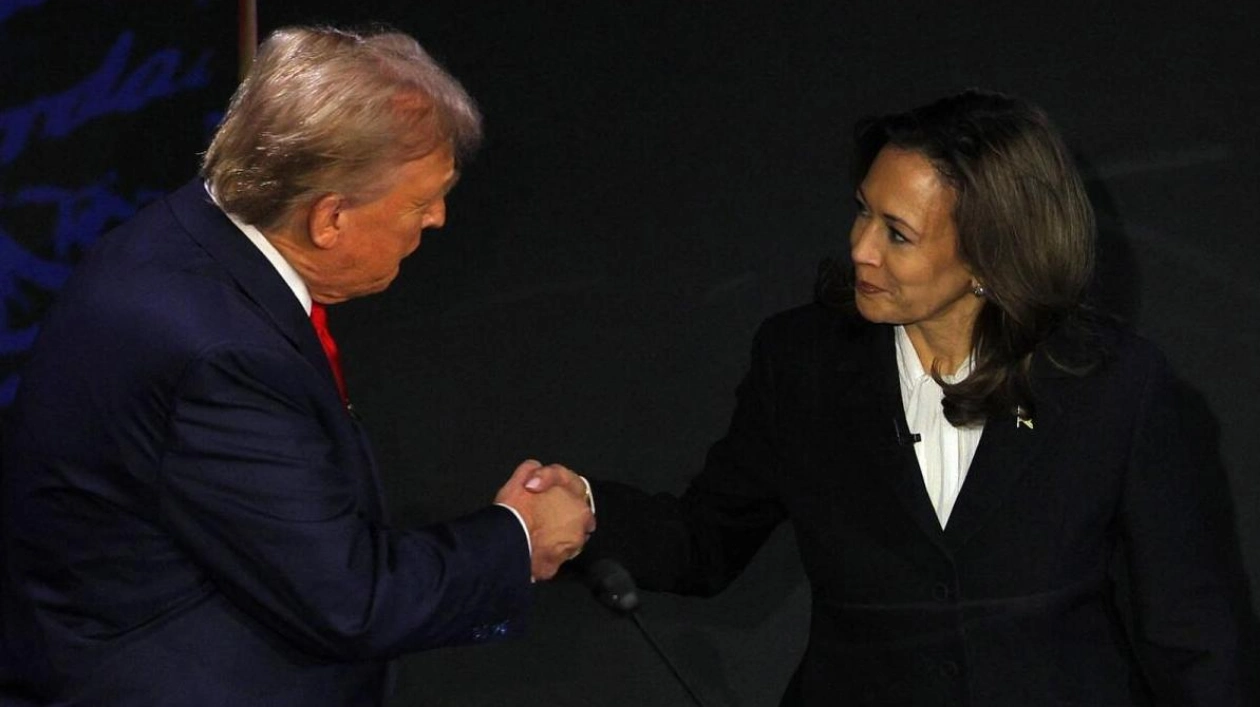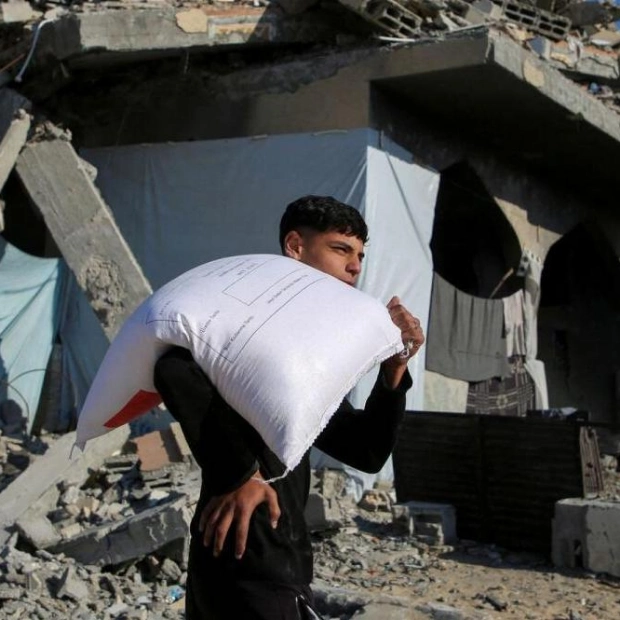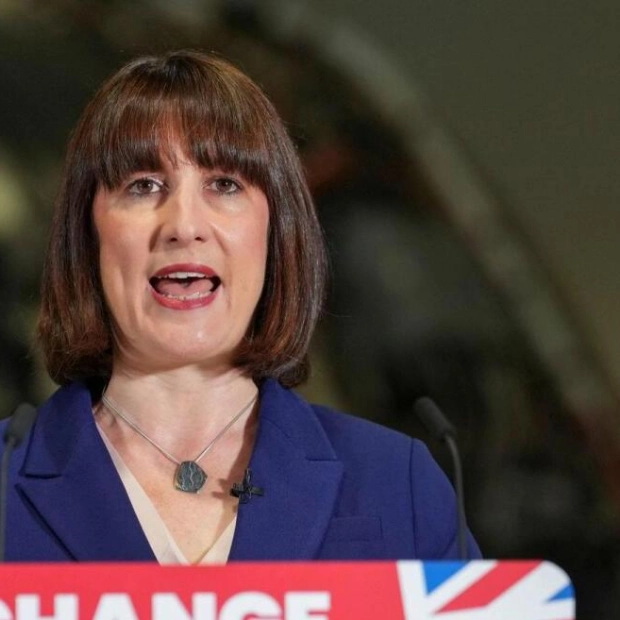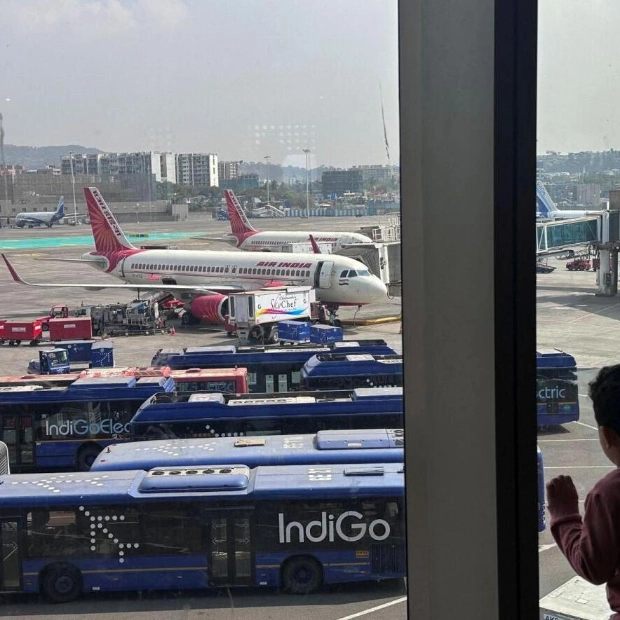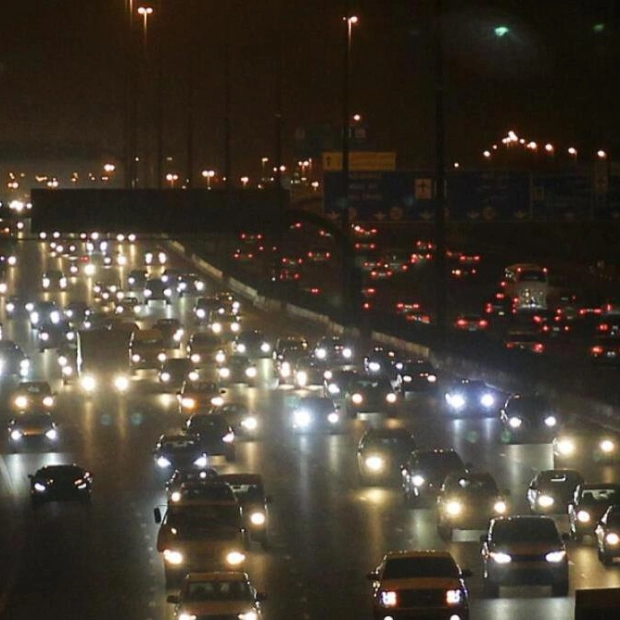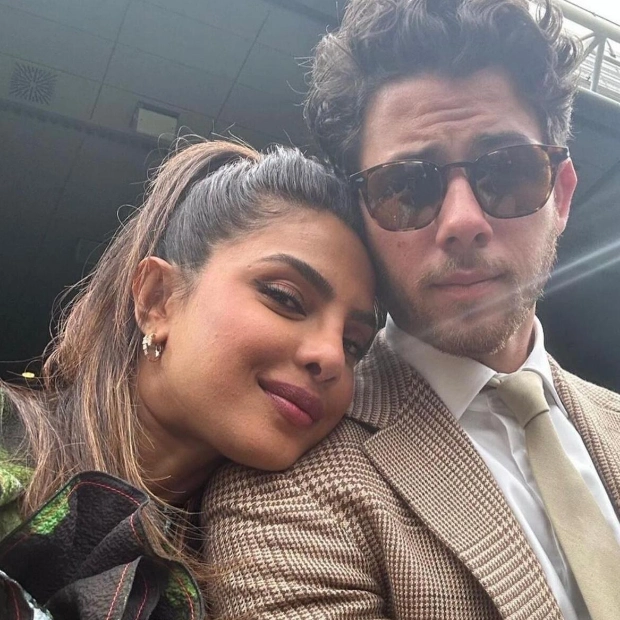Democratic Vice President Kamala Harris aggressively challenged Republican Donald Trump during a heated presidential debate on Tuesday, focusing on issues such as abortion restrictions, his suitability for office, and his legal troubles. Both candidates aimed to secure a decisive moment in their tightly contested election. Harris, a former prosecutor aged 59, seemed to repeatedly unsettle the 78-year-old former president, prompting visibly irritated responses from Trump filled with inaccuracies.
Harris notably mentioned Trump's campaign rallies, teasing him by suggesting that attendees often leave early due to exhaustion and boredom. Trump, frustrated by the size of Harris' own crowds, boasted about the large scale of his rallies, claiming they are the most impressive in political history. He then made an unfounded allegation about Haitian immigrants in Springfield, Ohio, eating residents' pets.
The debate, which lacked detailed policy discussions, saw clashes on immigration, foreign policy, and healthcare. Harris' assertive strategy effectively shifted the focus onto Trump. Despite weeks of personal attacks, including racist and sexist insults, Trump avoided direct insults initially but grew increasingly agitated under Harris' offensive approach.
When questioned about his remarks implying Harris had recently 'become a Black person,' Trump dismissed the issue, stating he didn't care about her identity. Harris, who has both Black and South Asian heritage, criticized Trump for consistently using race to divide Americans. She also highlighted his criminal conviction for hush money payments and other legal issues, accusing him of orchestrating these cases without evidence.
With eight weeks remaining until the November 5 election and early voting starting in some states, the debate—the only one scheduled—offered both opportunities and risks for each candidate. The debate began with an unexpected handshake between the two opponents, a first for presidential debates since 2016. This moment was particularly significant for Harris, as polls indicated that over a quarter of likely voters felt they didn't know enough about her.
Harris passionately criticized abortion limits, discussing women denied emergency care and victims of incest affected by statewide bans. She accused Trump of supporting a national ban, a claim he denied. Trump falsely claimed that Harris and Democrats support infanticide, which is illegal in every state. Harris also linked Trump to Project 2025, a conservative policy blueprint, though Trump distanced himself from it.
The debate's initial focus was on the economy, an area where Trump holds an advantage according to polls. Harris criticized Trump's proposed high tariffs and promoted her plan for tax benefits. Trump, in turn, criticized inflation during the Biden administration and made unfounded claims about asylum seekers crossing the U.S.-Mexico border.
The candidates also debated foreign policy issues, including the Israel-Gaza conflict and the Russian invasion of Ukraine, though specifics were lacking. Harris accused Trump of potentially abandoning U.S. support for Ukraine to appease Russian President Vladimir Putin, while Trump falsely claimed Harris dislikes Israel.
Presidential debates can significantly impact election dynamics, as seen when Biden's poor performance led him to withdraw from the race. With the election potentially hinging on a few thousand votes in key states, even minor shifts in public opinion could be decisive. The debate, hosted by ABC News at the National Constitution Center in Philadelphia, was conducted without a live audience and with muted microphones during non-speaking turns.
